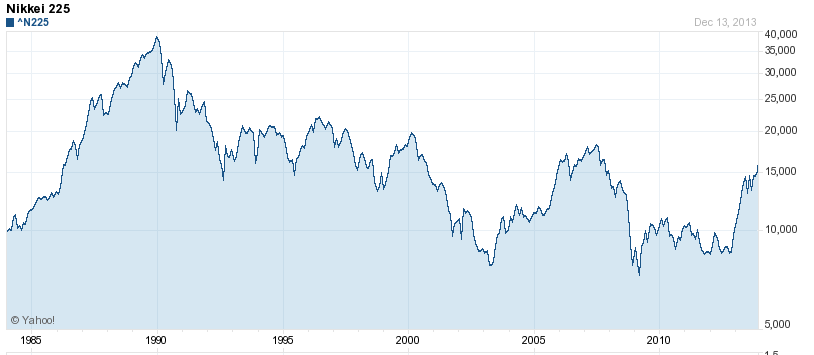pb4uski
Give me a museum and I'll fill it. (Picasso) Give me a forum ...
Propaganda notwithstanding, why would the Fed tighten? There is no sign of an over heated anything on the horizon to cause inflation and other countries continue to try the articiallly manipulate their currency lower.
The only reason I can see them tightening is to deflate a stock market bubble.
It's not so much as the Fed directly tightening - but the Fed slowly winding down their still on-going purchasing of treasuries to artificially depress interest rates. Once they cut back/stop their buying, the drop in demand will most probably be accompanied by a rise in interest rates to a more natural equilibrium by market forces.
That and I don't think they really wanted to do QE but had run out of ammunition and that was about the only choice they had left so they would like to get out of that business as soon as it is prudent to do so. That said, I think the market worries too much abut the taper - the Fed will taper gradually once they sense the economy is healthy enough to withstand the gradual rise in interest rates. I trust they will get it right (or close enough).

